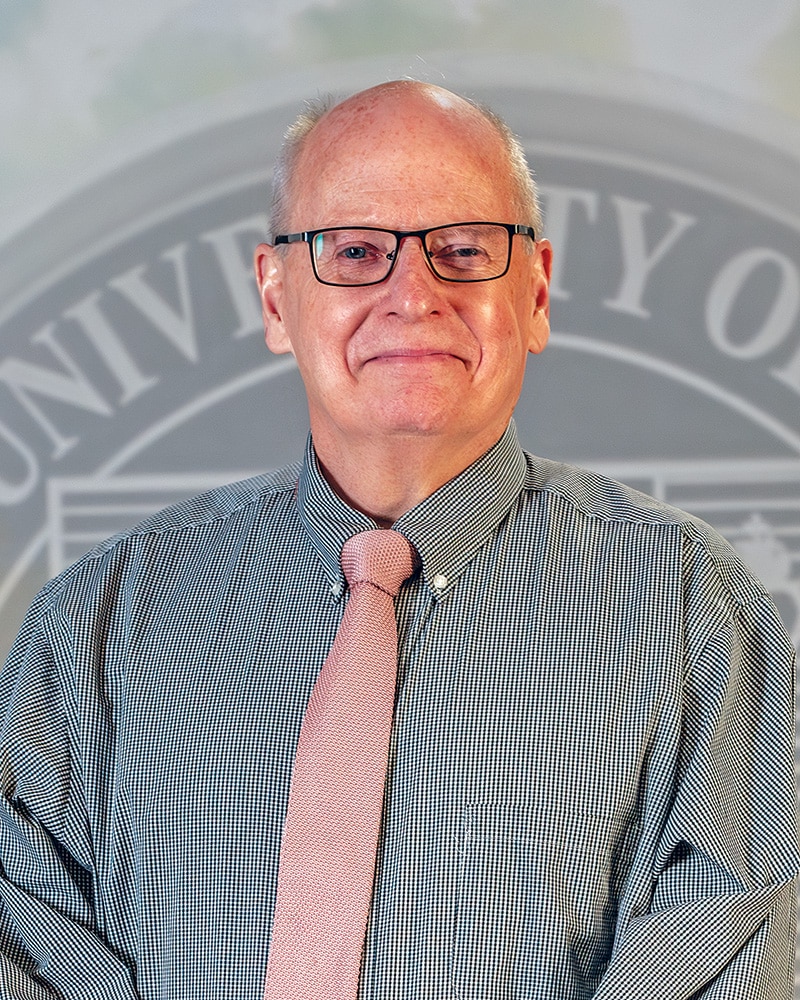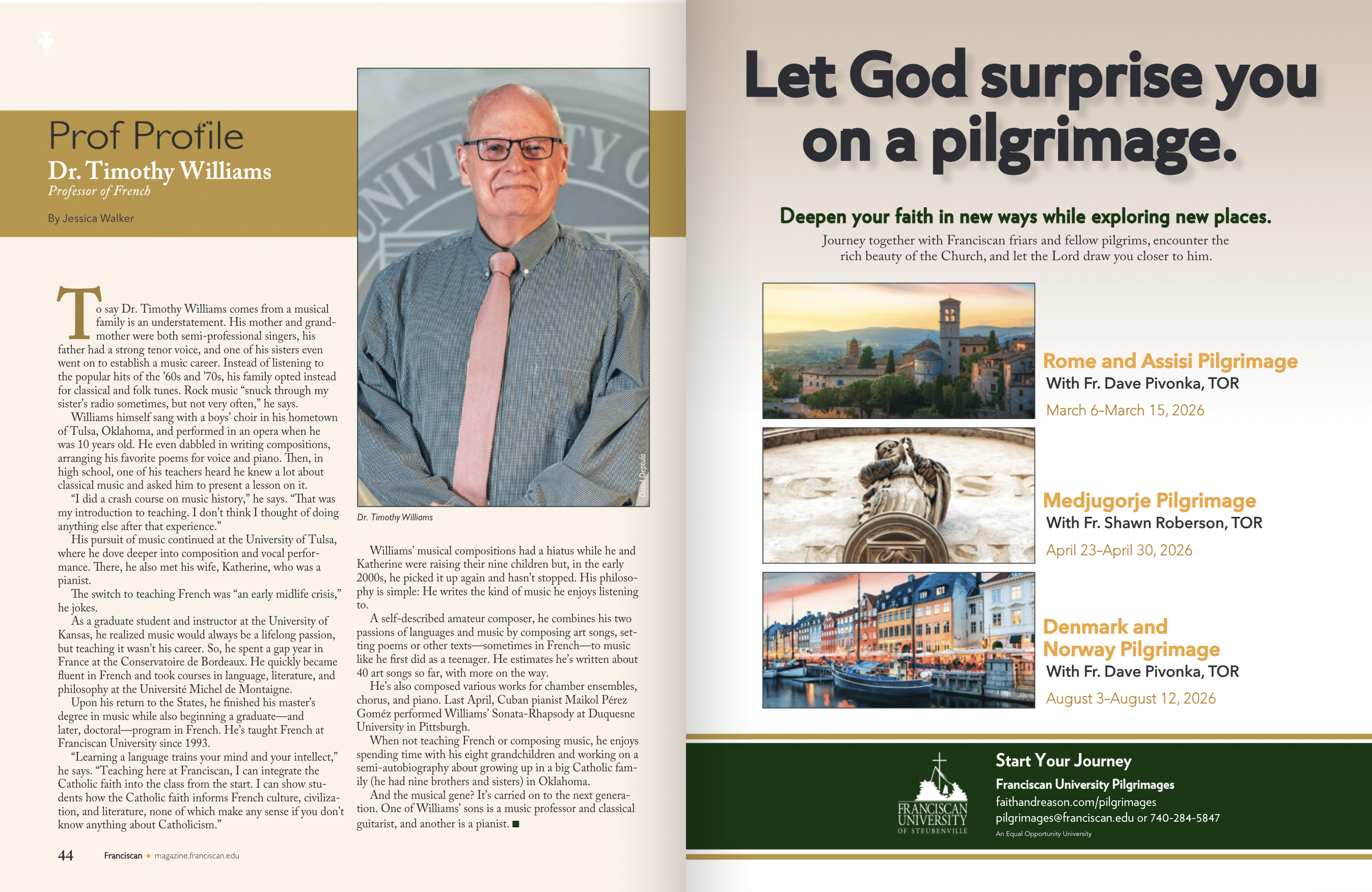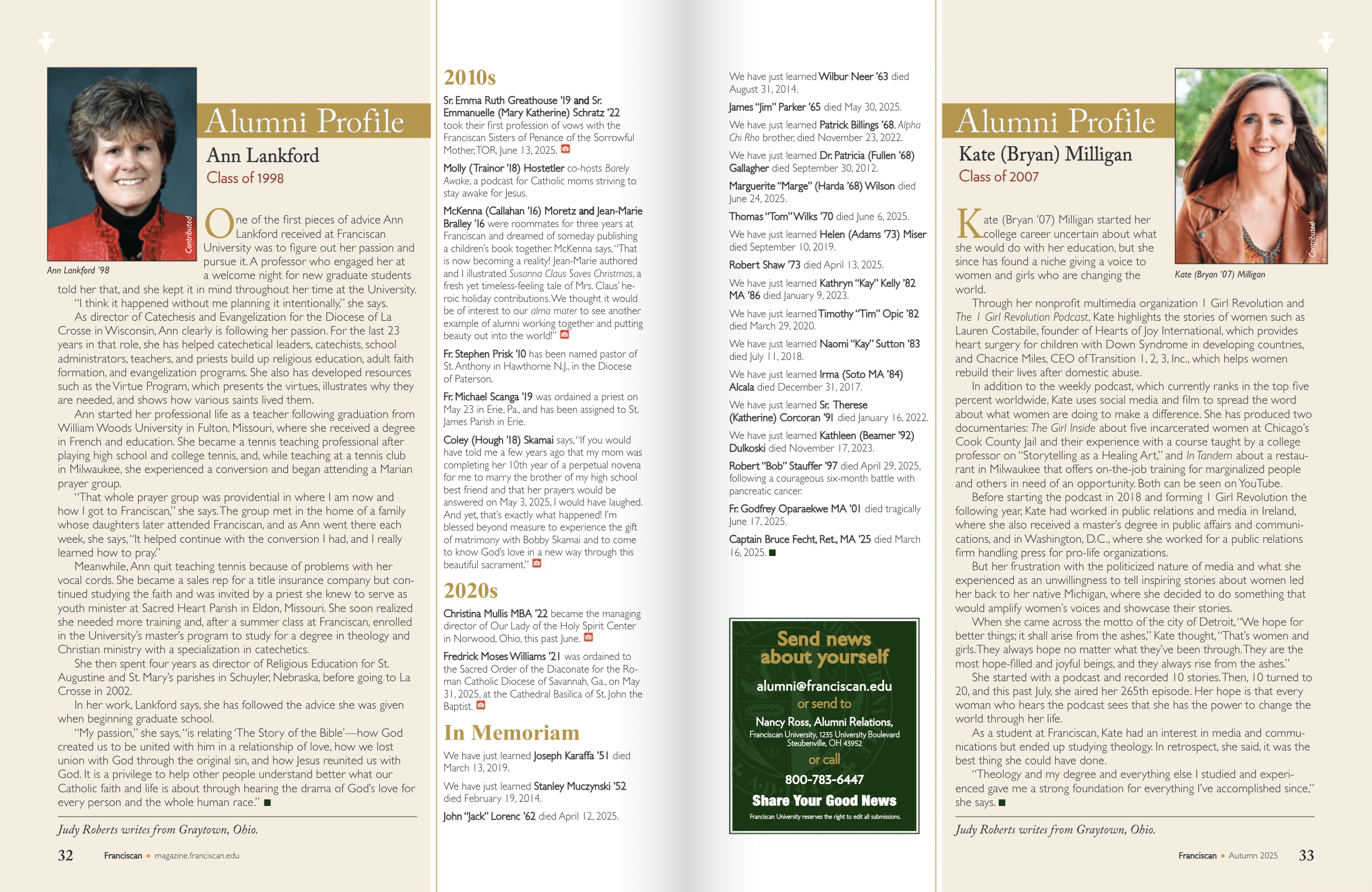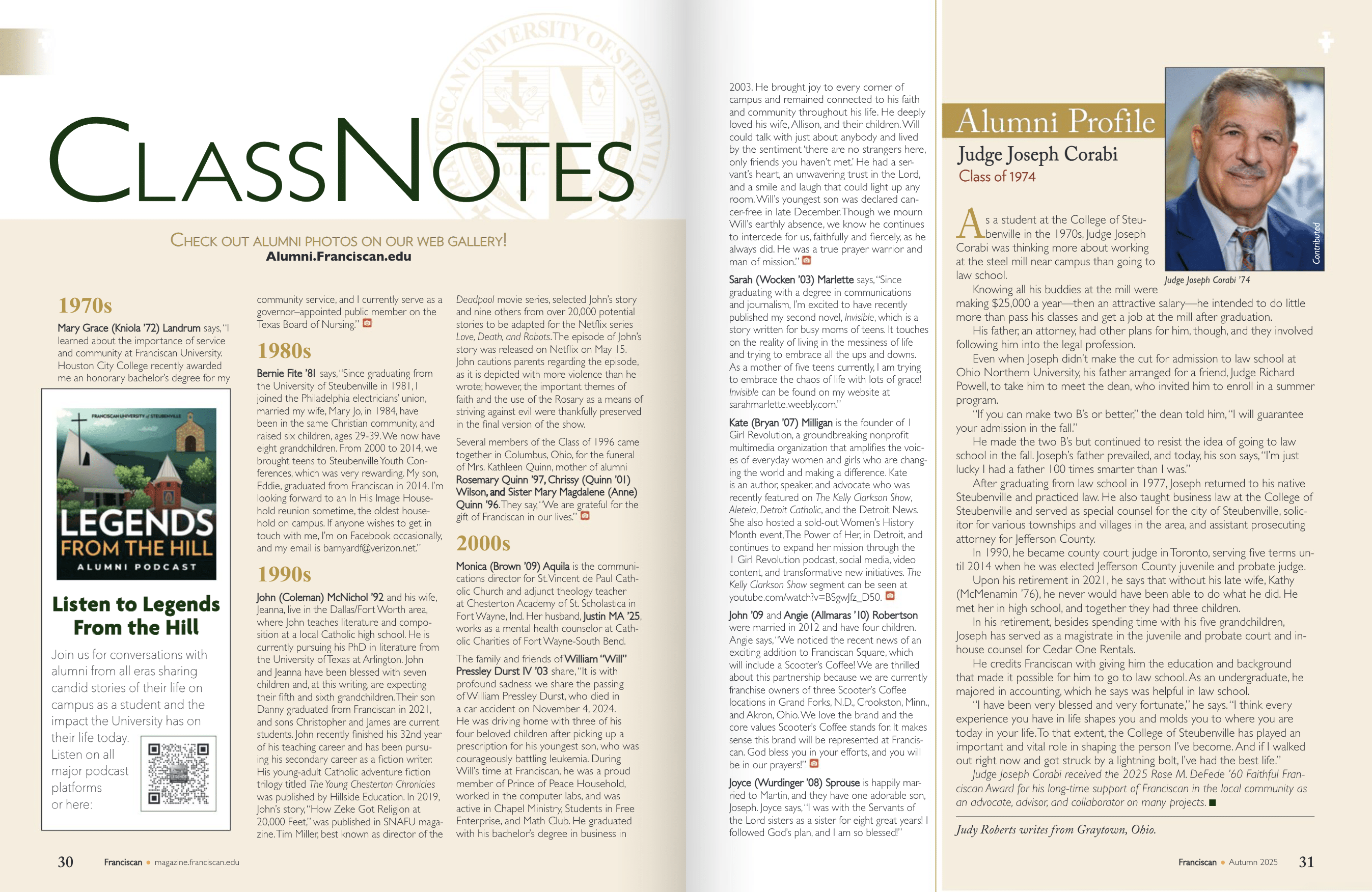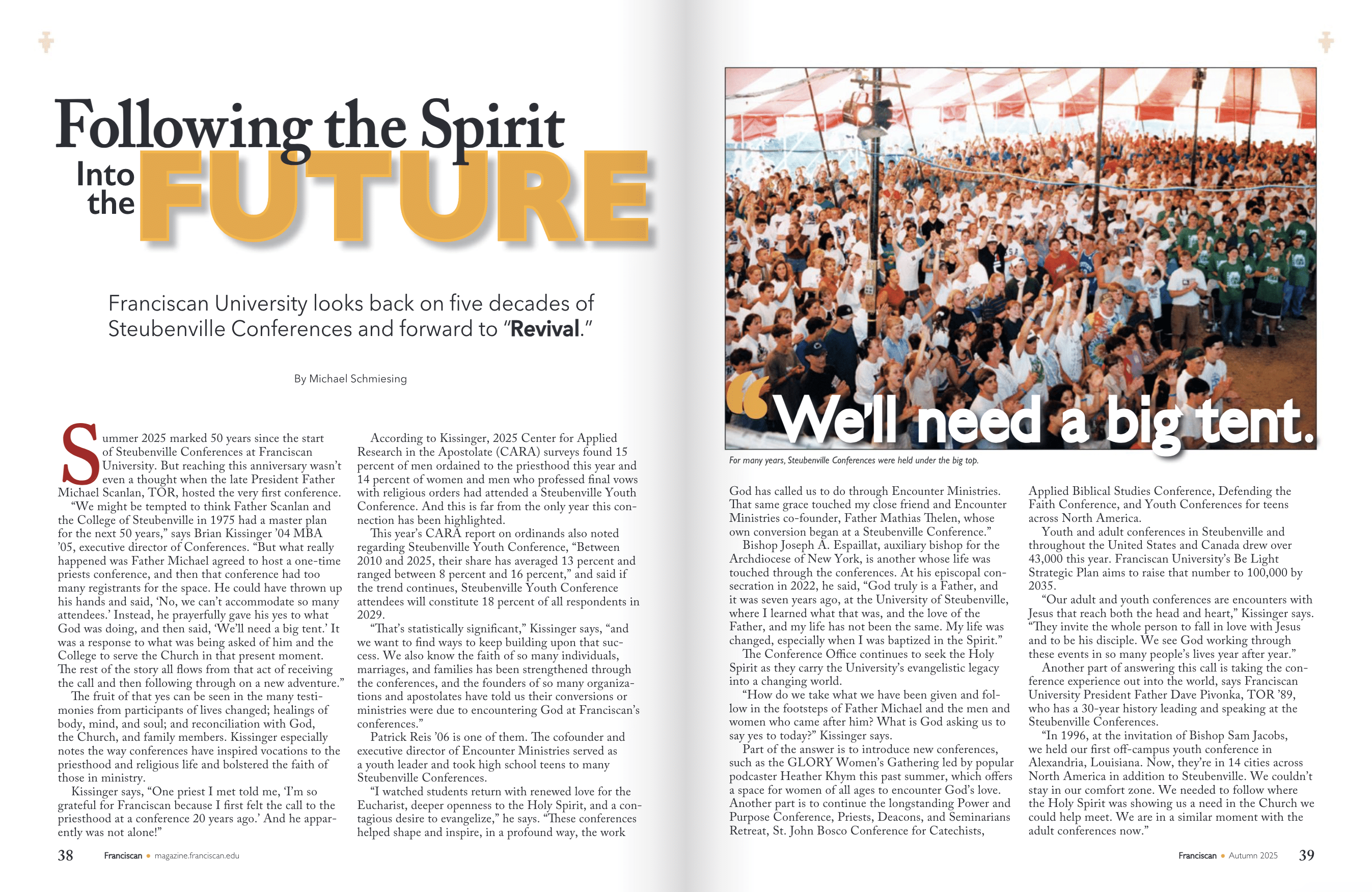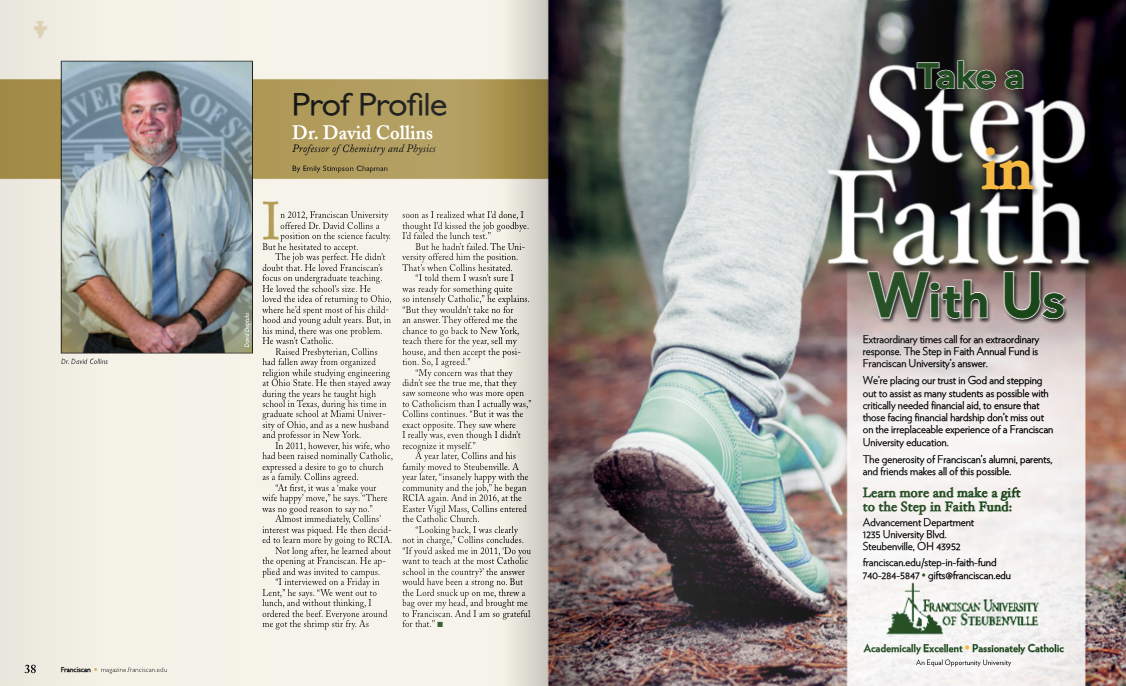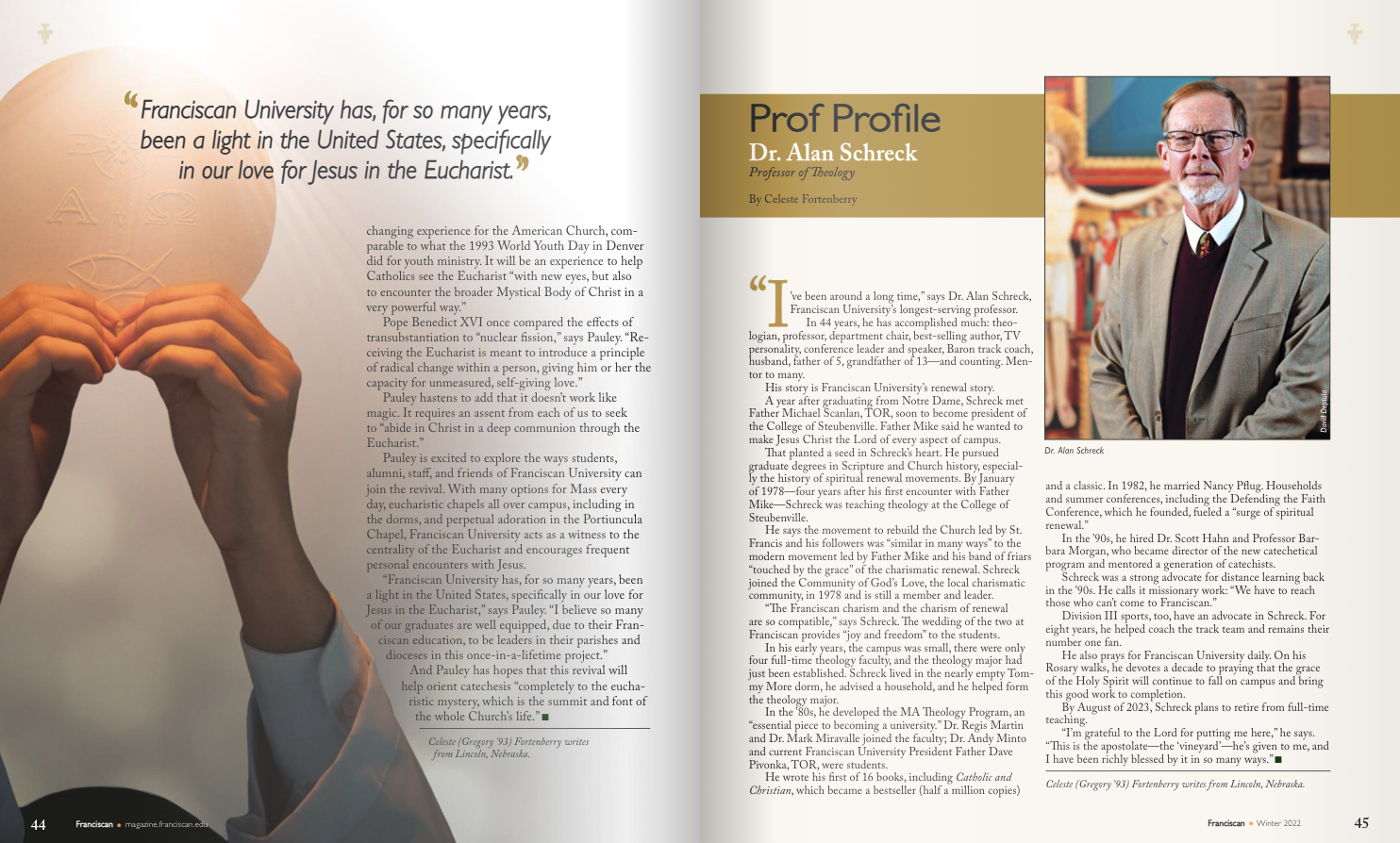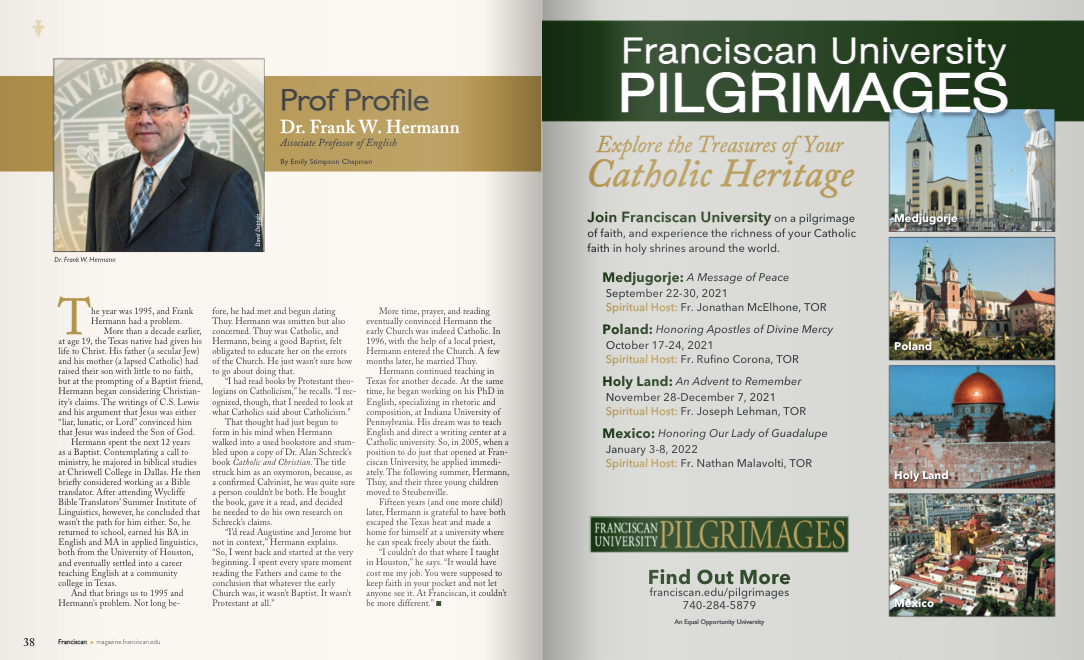To say Dr. Timothy Williams comes from a musical family is an understatement. His mother and grandmother were both semi-professional singers, his father had a strong tenor voice, and one of his sisters even went on to establish a music career. Instead of listening to the popular hits of the ’60s and ’70s, his family opted instead for classical and folk tunes. Rock music “snuck through my sister’s radio sometimes, but not very often,” he says.
Williams himself sang with a boys’ choir in his hometown of Tulsa, Oklahoma, and performed in an opera when he was 10 years old. He even dabbled in writing compositions, arranging his favorite poems for voice and piano. Then, in high school, one of his teachers heard he knew a lot about classical music and asked him to present a lesson on it.
“I did a crash course on music history,” he says. “That was my introduction to teaching. I don’t think I thought of doing anything else after that experience.”
His pursuit of music continued at the University of Tulsa, where he dove deeper into composition and vocal performance. There, he also met his wife, Katherine, who was a pianist.
The switch to teaching French was “an early midlife crisis,” he jokes.
As a graduate student and instructor at the University of Kansas, he realized music would always be a lifelong passion, but teaching it wasn’t his career. So, he spent a gap year in France at the Conservatoire de Bordeaux. He quickly became fluent in French and took courses in language, literature, and philosophy at the Université Michel de Montaigne.
Upon his return to the States, he finished his master’s degree in music while also beginning a graduate—and later, doctoral—program in French. He’s taught French at Franciscan University since 1993.
“Learning a language trains your mind and your intellect,” he says. “Teaching here at Franciscan, I can integrate the Catholic faith into the class from the start. I can show students how the Catholic faith informs French culture, civilization, and literature, none of which make any sense if you don’t know anything about Catholicism.”
Williams’ musical compositions had a hiatus while he and Katherine were raising their nine children but, in the early 2000s, he picked it up again and hasn’t stopped. His philosophy is simple: He writes the kind of music he enjoys listening to.
A self-described amateur composer, he combines his two passions of languages and music by composing art songs, setting poems or other texts—sometimes in French—to music like he first did as a teenager. He estimates he’s written about 40 art songs so far, with more on the way.
He’s also composed various works for chamber ensembles, chorus, and piano. Last April, Cuban pianist Maikol Pérez Goméz performed Williams’ Sonata-Rhapsody at Duquesne University in Pittsburgh.
When not teaching French or composing music, he enjoys spending time with his eight grandchildren and working on a semi-autobiography about growing up in a big Catholic family (he had nine brothers and sisters) in Oklahoma.
And the musical gene? It’s carried on to the next generation. One of Williams’ sons is a music professor and classical guitarist, and another is a pianist.



